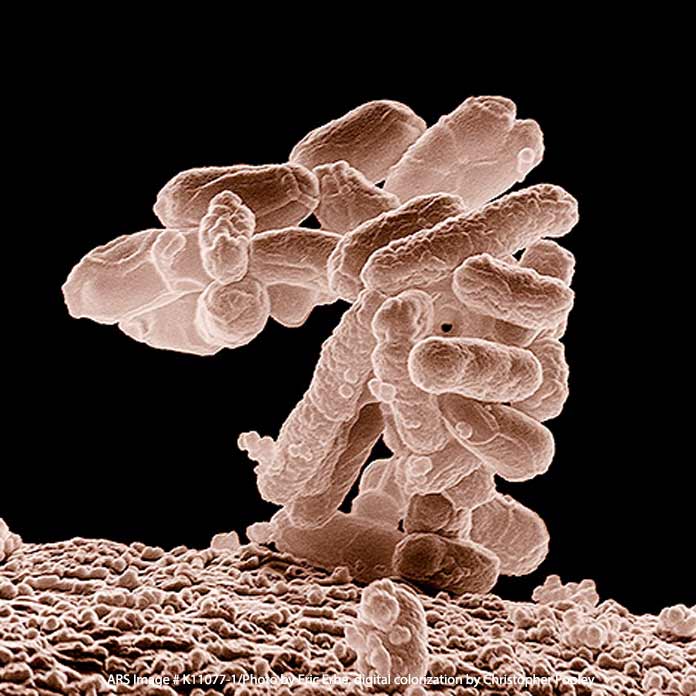The Matador restaurant in Seattle, Washington (Ballard neighborhood), has been associated with a cluster of E. coli infections, according to Public Health – Seattle and King County. To date, health officials know of 5 Washington State residents, all King County residents, and one out-of-state resident who ate at the Matador before getting sick. There are also 2 other Washington state residents (who are not King County residents) and 2 out-of -state residents who are positive for E. coli with the same strain of E. coli as the King County cases. The investigation is ongoing.

Four of the 5 people ate at the restaurant on August 14, 2016; one person, on August 22. Public Health received the first report of illness on August 22, and the last report of illness on September 6.
All the people developed E. coli symptoms, which can include one or more of the following:
- severe abdominal cramps
- watery and/or bloody diarrhea
- mild fever
- nausea
- vomiting.
Four of the 5 people sickened in the outbreak developed bloody diarrhea. Three people were hospitalized, one of whom developing a type of kidney injury called hemolytic uremic syndrome (HUS), which can cause renal failure, pancreatitis, seizures, stroke, permanent brain damage and other severe health conditions. HUS can be fatal, however, in this outbreak, all 5 of the people sickened recovered.
Laboratory testing (molecular fingerprinting with a procedure called pulsed-field gel electrophoresis (PFGE)) has determined that all five people have the same strain of E. coli bacteria. This means they were all sickened by the same source.
The investigation is in progress.
Anyone who has been diagnosed with E. coli should contact an E. coli lawyer for help obtaining compensation to pay for pain and suffering, hospital bills, lost wages and other damages. Persons who have eaten at Matador and developed diarrhea within 10 days and anyone who develops bloody diarrhea should consult with their healthcare provider to determine if testing is necessary. This testing should happen in two steps, one to determine if there is an E. coli infection, and one to determine the molecular fingerprint (PFGE testing).